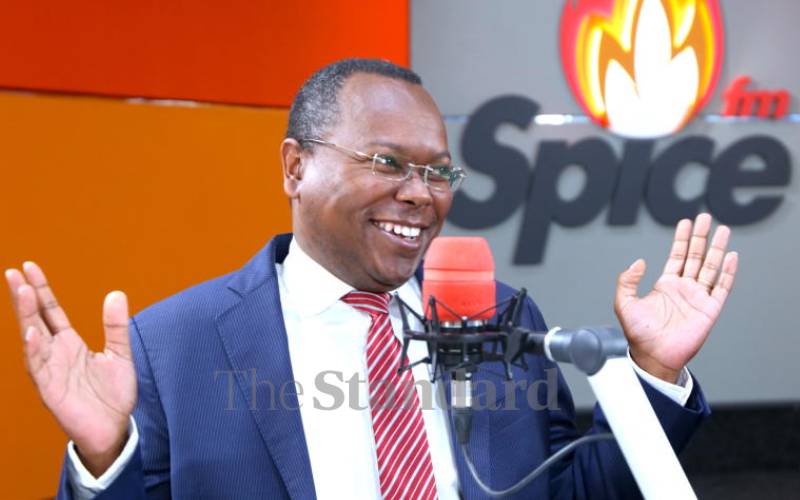×
The Standard e-Paper
Fearless, Trusted News

High Court Judge Joel Ngugi at Spice FM, October 2021. [Bryan Amulyoto, Standard]
When the Covid-19 pandemic muted BBI reggae, its promoter, ODM leader Raila Odinga, announced that the song had only been paused.